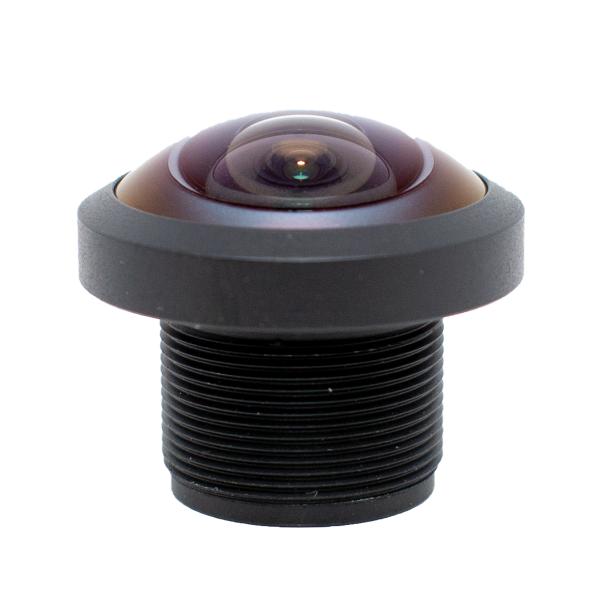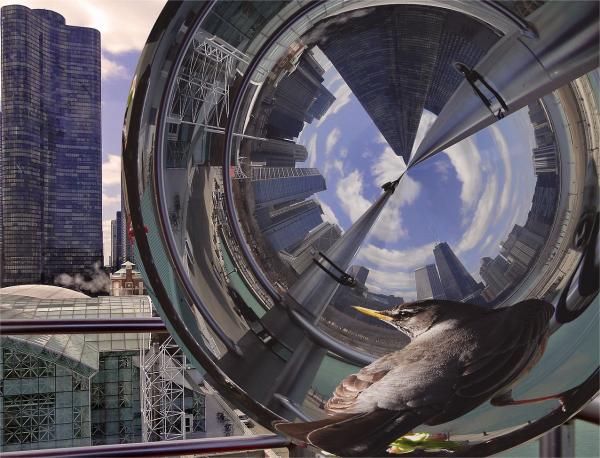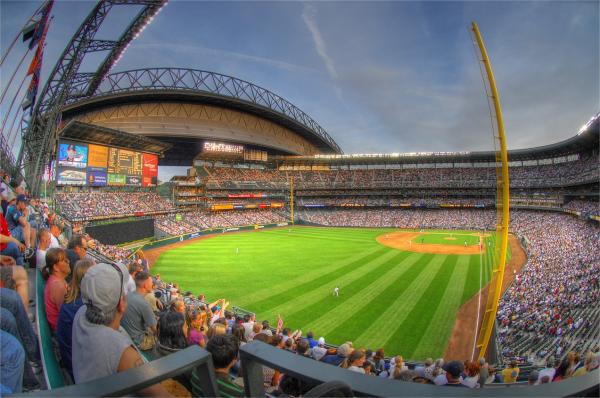Characteristics, Applications And Usage Tips Of Fisheye Lens
The fisheye lens is a wide-angle lens with a special optical design, which can show a huge viewing angle and distortion effect, and can capture a very wide field of view. In this article, we will learn about the characteristics, applications and usage tips of fisheye lenses.
1.Characteristics of fisheye lenses
(1) Wider field of view
The angle of view of a fisheye lens is usually between 120 degrees and 180 degrees. Compared with other wide-angle lenses, fisheye lenses can capture a wider scene.
The fisheye lens
(2) Strong distortion effect
Compared with other lenses, the fisheye lens has a stronger distortion effect, making the straight lines in the image appear curved or bent, presenting a unique and fantastic image effect.
(3) High light transmittance
Generally speaking, fisheye lenses have higher light transmittance and can obtain better image quality in low-light conditions.
2.Applications of fisheye lenses
(1) Create unique visual effects
The distortion effect of the fisheye lens can create unique visual effects and is widely used in artistic photography and creative photography. For example, shooting buildings, landscapes, people, etc. can give your images a distinctive look.
(2) Sports and sports photography
The fisheye lens is suitable for capturing sports scenes, showing a sense of dynamics and enhancing the impact of the movement. Commonly used in extreme sports, car racing and other fields.
(3) Photographing small spaces
Because it can capture an ultra-wide field of view, fisheye lenses are often used to capture small spaces, such as indoors, cars, caves, and other scenes.
(4) Prominent perspective effect
The fisheye lens can highlight the perspective effect of near and far, create a visual effect of enlarging the foreground and shrinking the background, and enhance the three-dimensional effect of the photo.
The application of fisheye lens
(5) Advertising and commercial photography
Fisheye lenses are also widely used in advertising and commercial photography, which can add unique expression and visual impact to products or scenes.
3.Fisheye lens usage tips
The special effects of the fisheye lens have different application methods in different shooting themes, which need to be tried and practiced according to the actual situation. In general, you need to pay attention to the following tips when using fisheye lenses:
(1) Create with distortion effects
The distortion effect of the fisheye lens can be used to create a sense of curvature or exaggerated distortion of the scene, enhancing the artistic effect of the image. You can try to use it to shoot buildings, landscapes, people, etc. to highlight their unique shapes.
(2) Try to avoid central themes
Since the distortion effect of the fisheye lens is more obvious, the central subject is easily stretched or distorted, so when composing the picture, you can focus on the edges or irregular objects to create a unique visual effect.
The usage tips of fisheye lens
(3) Pay attention to reasonable control of light
Due to the wide-angle characteristics of the fisheye lens, it is easy to overexpose the light or overexpose the shadows. In order to avoid this situation, you can balance the exposure effect by reasonably adjusting the exposure parameters or using filters.
(4) Proper use of perspective effects
The fisheye lens can highlight the perspective effect of near and far, and can create a visual effect of enlarging the foreground and shrinking the background. You can choose the appropriate angle and distance to highlight the perspective effect when shooting.
(5) Pay attention to distortion at the edges of the lens
The distortion effects at the center and edge of the lens are different. When shooting, you need to pay attention to whether the image at the edge of the lens is as expected, and make reasonable use of edge distortion to enhance the overall effect of the photo.


